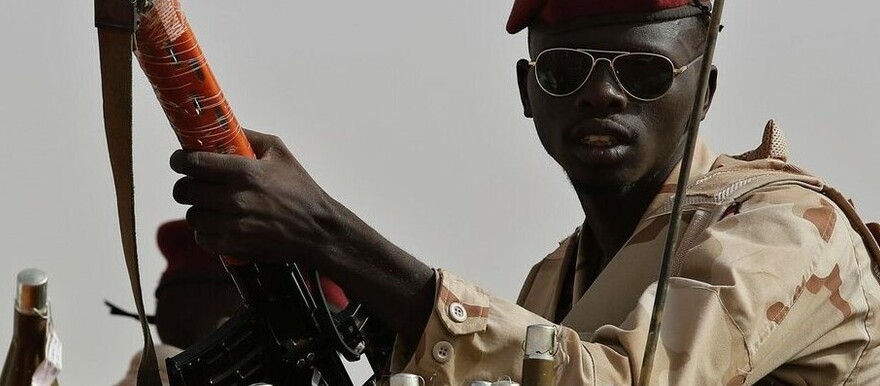The U.N. Security Council on Friday unanimously voted to extend sanctions on Sudan for another year, amid disagreements over whether to expand the resolution’s language to reflect the country’s deepening crisis.
The council adopted Resolution 2791, renewing the measures under the 2005 sanctions regime, which include an arms embargo and targeted sanctions. The resolution also extends the mandate of the Panel of Experts until Oct. 12, 2026, to align it with the sanctions timeline.
The panel must submit an interim report by March 12, 2026, and a final report by July 13, 2026. It will also provide quarterly updates to the sanctions committee. The Council said it plans to review the panel’s mandate by Sept. 12, 2026.
While the renewal was approved without opposition, several members clashed over calls to include stronger references to conflict-related sexual violence, the role of mercenaries, and the worsening humanitarian crisis in Sudan.
Push for Accountability
The U.S. ambassador said the resolution sends a clear message that the international community is focused on stopping the flow of arms and holding those responsible for violence and instability in Sudan to account.
“The situation in Darfur remains dire, with widespread violence, severe humanitarian challenges, and mass displacement,” the U.S. representative said, welcoming the alignment of the sanctions and expert panel timelines.
The U.K. representative also supported the resolution and urged the Council to ensure the sanctions regime tackles growing threats, including the use of drones and mercenaries. He expressed concern about reports of sexual violence and called on the sanctions committee to take action against perpetrators.
Denmark’s ambassador said the people of Sudan “have suffered far too long while perpetrators enjoy impunity,” condemning attacks on civilians and aid workers.
Panama’s representative welcomed the resolution’s coherence and called sanctions “a selective, temporary tool” that should reflect conditions on the ground.
Broader Context of Violence
Slovenia highlighted the Panel of Experts’ reporting on arms embargo violations and widespread abuses. Its representative cited atrocities across Sudan, including mass killings, torture, disappearances, and denial of essential aid, saying they “can only be summarized as terror.”
Still, some countries pushed back against what they saw as politicization of a technical renewal. Russia and China both supported the extension but criticized efforts to add language about sexual violence and human rights.
Russia’s delegate said the violence is a consequence, not a cause, of the conflict, and accused some Council members of injecting political elements into what should have been a straightforward renewal.
Focus on Foreign Interference
Sierra Leone, speaking on behalf of Algeria, Guyana, and Somalia, said the resolution addresses their main concerns, especially the alignment of mandates. However, they stressed the role of foreign interference in fueling Sudan’s conflict and called for compliance with the sanctions.
Pakistan echoed concerns about ongoing arms embargo violations and urged all states to honor the restrictions.
China said sanctions should not be used as political pressure and emphasized the need for a ceasefire, humanitarian relief, and political progress.
Sudan Condemns Use of Mercenaries
Sudan’s representative reiterated his country’s request to review the sanctions, saying they affect Sudan’s ability to defend its sovereignty. He accused foreign actors of prolonging the conflict, citing alleged use of Colombian mercenaries hired through private security companies in the United Arab Emirates.
He claimed more than 240 flights carried those fighters into Sudan and accused them of committing massacres and using banned weapons like white phosphorus. Sudan, he said, is ready to work with the sanctions committee and the Panel of Experts but urged the Council to take concrete steps against the use of mercenaries.




